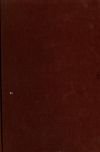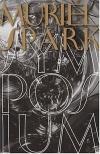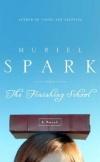
The Finishing School is the last novel written by Scottish author Muriel Spark and published by Viking Press in 2004. It concerns 'College Sunrise', a mixed-sex finishing school in Ouchy on the banks of Lake Geneva near Lausanne in Switzerland.
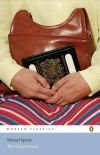
The Driver's Seat is a novella by Muriel Spark. Published in 1970, it was advertised as "a metaphysical shocker". It is indeed in the psychological thriller genre, dealing with themes of alienation, isolation and loss of spiritual values. It was filmed in 1974 starring Elizabeth Taylor and featuring Andy Warhol. In …
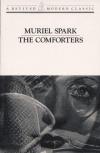
The Comforters is the first novel by Scottish author Muriel Spark. She drew on experiences as a recent convert to Catholicism and having suffered hallucinations due to using Dexedrine, an amphetamine then available over the counter for dieting. Although completed in late 1955, the book was not published until 1957. A …
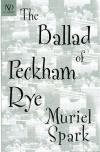
The Ballad of Peckham Rye is a novel written in 1960 by the Scottish author Muriel Spark. It tells the story of a devilish Scottish migrant, Dougal Douglas, who moves to Peckham in London and wreaks havoc amongst the lives of the inhabitants. The text draws upon the supernatural, as well as issues of Irish and …
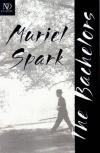
The Bachelors is a novel written in 1960 by the Scottish author Muriel Spark, referred to by The New York Times as "the most gifted and innovative British novelist". It follows a group of British bachelors whose misogynistic world is shattered when they suddenly find themselves the target of blackmail and fraud.
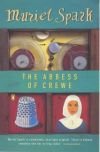
The Abbess of Crewe is Muriel Spark's razor sharp, wickedly humorous and surreal satire of a real life political scandal - reimagined within the claustrophobic walls of a convent. A steely, Machiavellian nun, secret surveillance, corruption, cloak-and-dagger plotting, rivalries and a rigged election all send the …

 English
English Español
Español Deutsch
Deutsch

